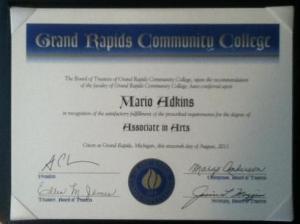I’m an American. I’m a young adult. I like video games, drawing, writing, and research. Then there are El Salvadorians, who have vastly different values and priorities than myself. El Salvador (which mean “The Savior”) is a beautiful country which lives up to its namesake. Rich in Myan and Aztec culture due to their close proximity, El Salvador is a country were it initially was able to embrace its culture without outside influences; this means traditions, customs and languages were rich between the Pipils, the earliest known group that would soon become modern-day El Salvadorians. However, with the rest of the world industrializing and expanding, this culture would soon change in many ways. 1524 brought about the first wave of intrusion by the Spanish, and since then there has been constant clashes regarding El Salvador ownership and identity.
Today, El Salvador is classified as a two-thirds world country, and issues such as inequality in work, political corruption, human trafficking, and gang scuffles flood this beautiful area, just to name a few. For myself, this study abroad experience will be a balance between noting the positives of this rich culture with lavish landscapes while simultaneously accepting the negative foundation of current events and historical acts that contributed to its current state. I was told that as an American, many natives will want to take a photo with me, request specific items unobtainable there, and inquire about my views on politics. While here, I can treat this experience in two different ways: I can be passive. I can simply listen to the speakers during sessions and take notes, take photos while touring the country, and buy as many survivors as I can afford. I can also be active. I can do the before-mentioned actions while also inquiring the “whys” and “hows”. I can use my research skills to do strategic planning for organizations with limited resources. I’m no solider fighting for either country. I’m not a millionaire able to contribute greatly, nor do have access to staffing resources to address major issues. However, I do have drive, and even though I cannot positively impact the country, a city, or an organization, I’ll make all efforts to positively impact that one, single, individual or issue. Also, this experience isn’t necessarily about “me”. I’m a guest of this county and to achieve solidarity this must be remembered. I may not be “The Savior“, but I will be active in the work I do here.
Asociación ~





